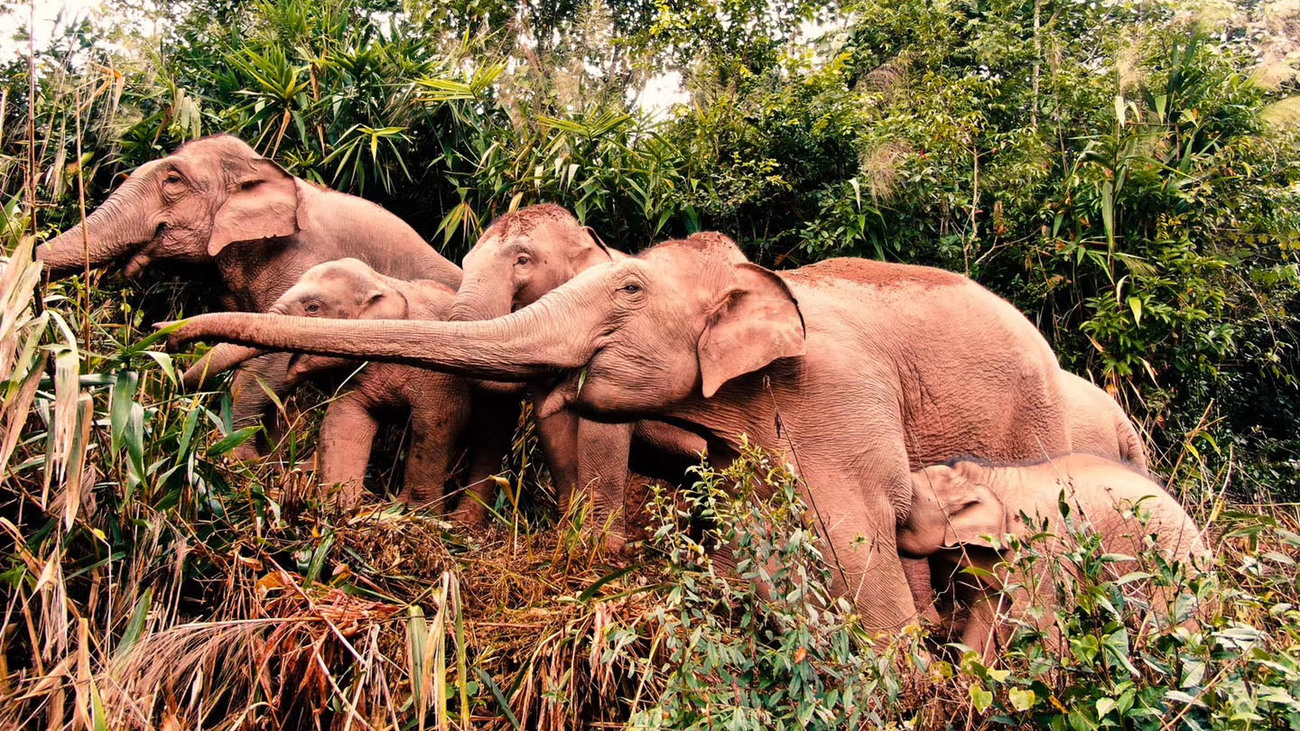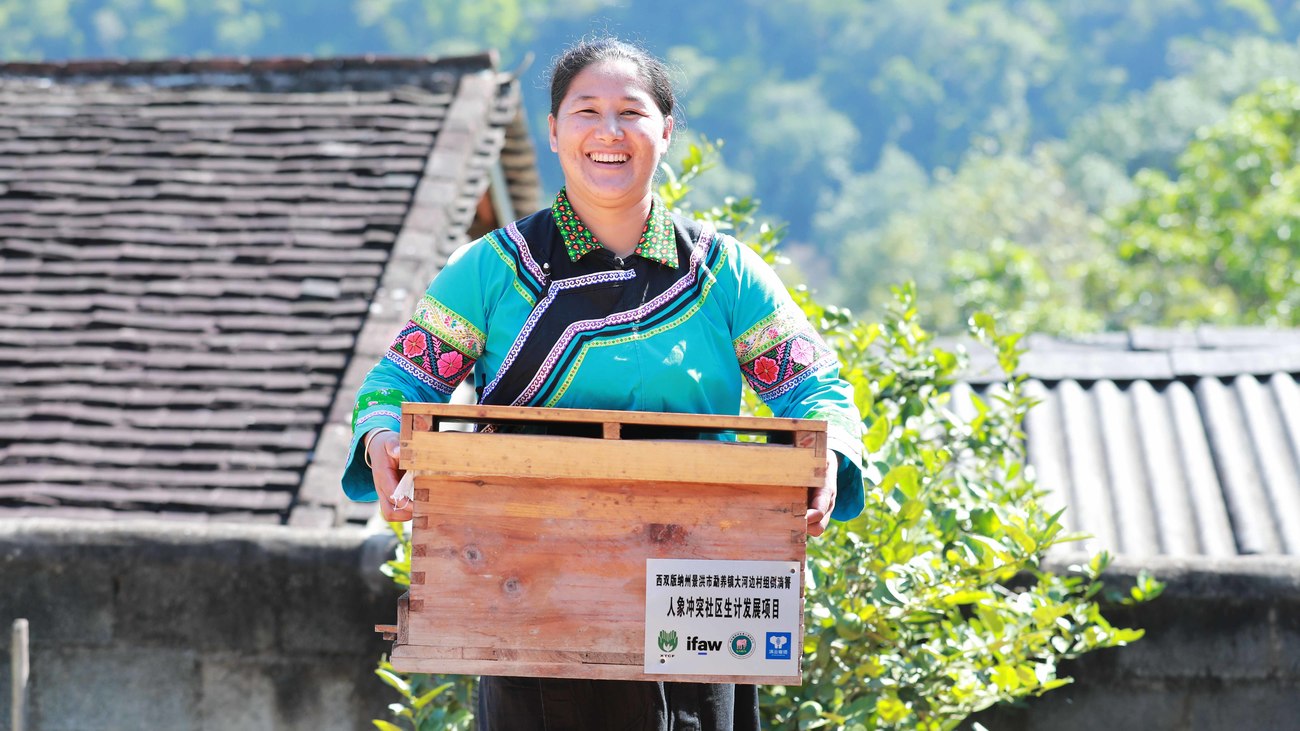meet the women protecting China’s elephant population through beekeeping
meet the women protecting China’s elephant population through beekeeping

China is home to a small but growing population of roughly 300 endangered Asian elephants. Over the past decades, rising human populations, the impact of agriculture, the expansion of infrastructure, and commercial crop plantations have contributed to habitat loss and fragmentation that greatly impacts the Asian elephant.
As the elephants’ habitats scatter and overlap with densely populated areas, they inevitability collide with local people – and this is when conflict occurs. Elephants destroy crops, damage properties, and in some cases, injure or even kill people. As part of our Asian Elephant Protection (AEP) project, IFAW works closely with the local communities to help reduce incidents of human-elephant conflict by promoting human-elephant co-existence. One of the successful ways we are doing this is by supporting eco-friendly alternative livelihoods for those communities affected by wildlife conflict.

Initiating a bee keeping project in Daotangqing Village
Recently, we met with Jiangmei Zhang, one of the female leaders of the beekeeping project. She explained how IFAW’s involvement has helped the community turn beekeeping into a sustainable livelihood.
“Before IFAW came, the villagers tried to keep bees. We used the old way – making a big hole in a piece of log, and hanging it in front of, or on the back of our house. The bees would come by themselves. In April, after the flower season, we harvested the honey once and that’s it. There’s no cost and no special skills involved. It’s the simple way learned from generation to generation, but no one would buy the honey harvested in this way. We couldn’t consume all the honey, and can’t sell it either. In the end, it was all wasted.”
As part of the project, we provided Jiangmei and the other villagers with beehives and honeybees, as well as guidance and training on bee keeping, colony fission and swarming, and raising new queens. We were also able to provide a guaranteed sales channel, giving the beekeepers confidence in the project. Just one week after the project started, technicians from our partner DIAN YUN MI YU BIOTECHNOLOGY CO.,LTD., trained the beekeepers on how to harvest honey. The top harvest of a single family reached 42 kilos, and even the smallest harvest was 25 kilos. All honey was purchased by the company on the spot!
The future of beekeeping in China
The project provides villagers with an alternative source of income, easing the losses caused when elephants destroy crops. If there’s no weather disaster, we estimate that the annual income for each beekeeper family will increase by at least 30-50%. As part of the project, beekeepers also participate in restoring elephant habitats by clearing exotic plants and growing local, eco-friendly plants edible for elephants. Participants like Jiangmei have become advocates for elephant protection, promising not to destroy the local forest or capture wild animals.
Jiangmei and her bees are guardians for China’s endangered Asian elephant population. Jiangmei ended our visit by saying, “I hope we can protect the environment and elephants, and that the next generation could see elephants in the wild.”
In the future, they will train the next phase of participants on beekeeping techniques to ensure the sustainability of the project and help IFAW expand into more areas where HEC occurs.
Related content
Every problem has a solution, every solution needs support.
The problems we face are urgent, complicated, and resistant to change. Real solutions demand creativity, hard work, and involvement from people like you.